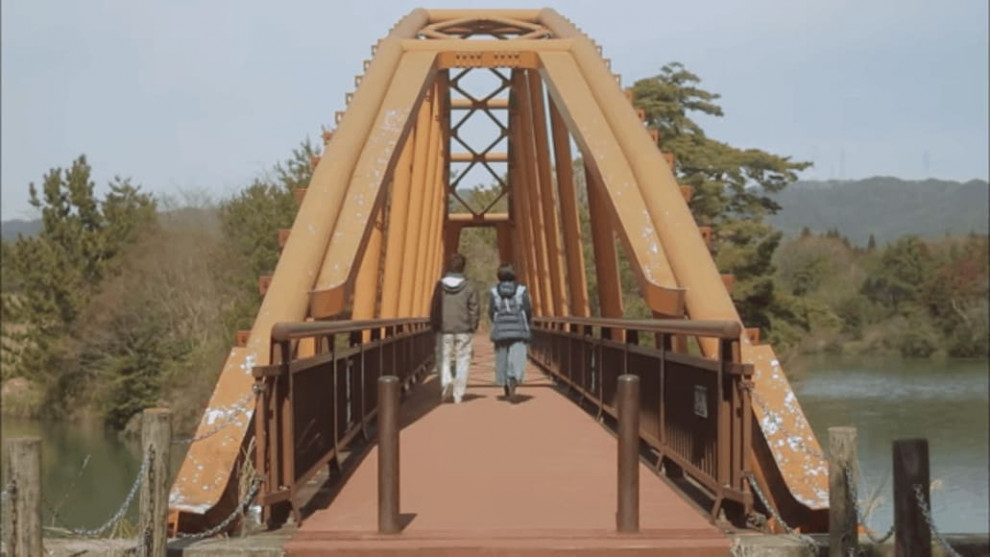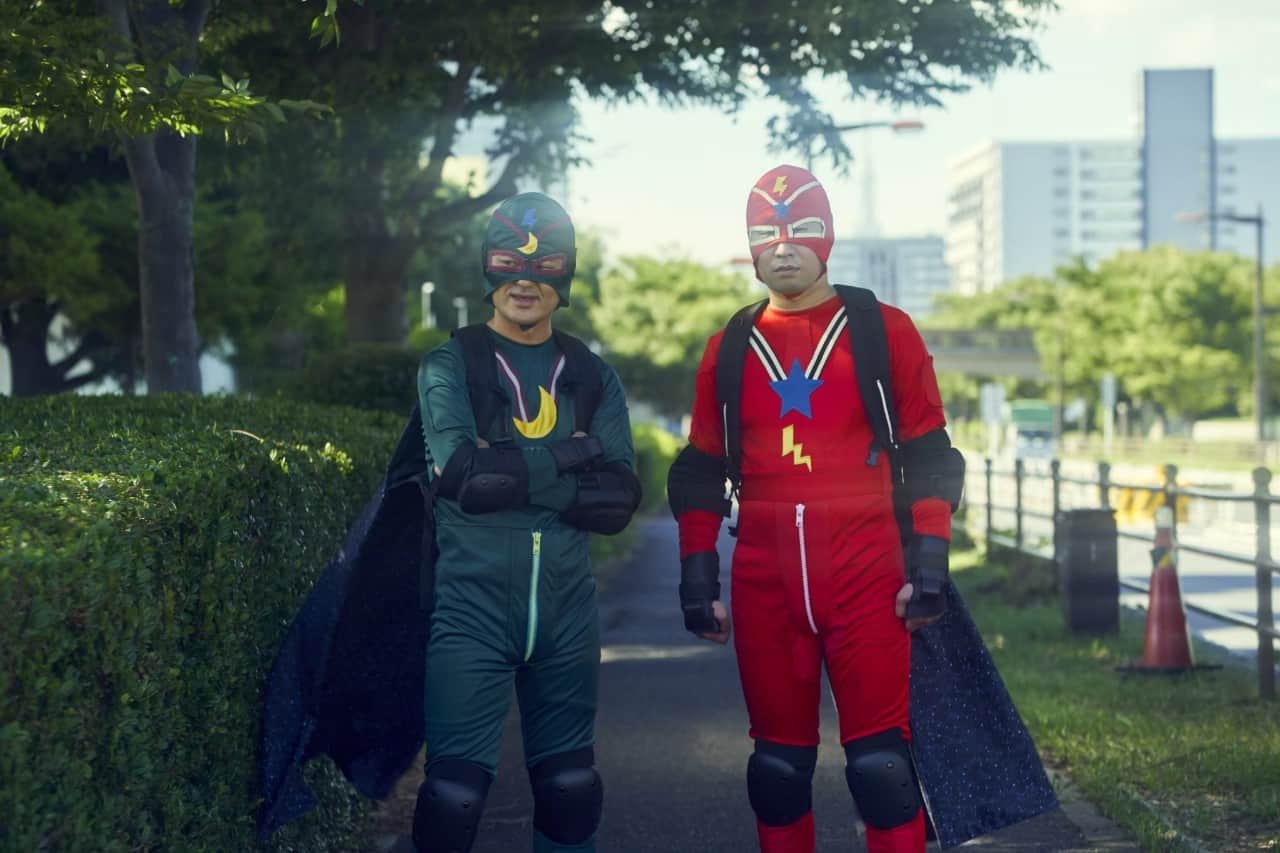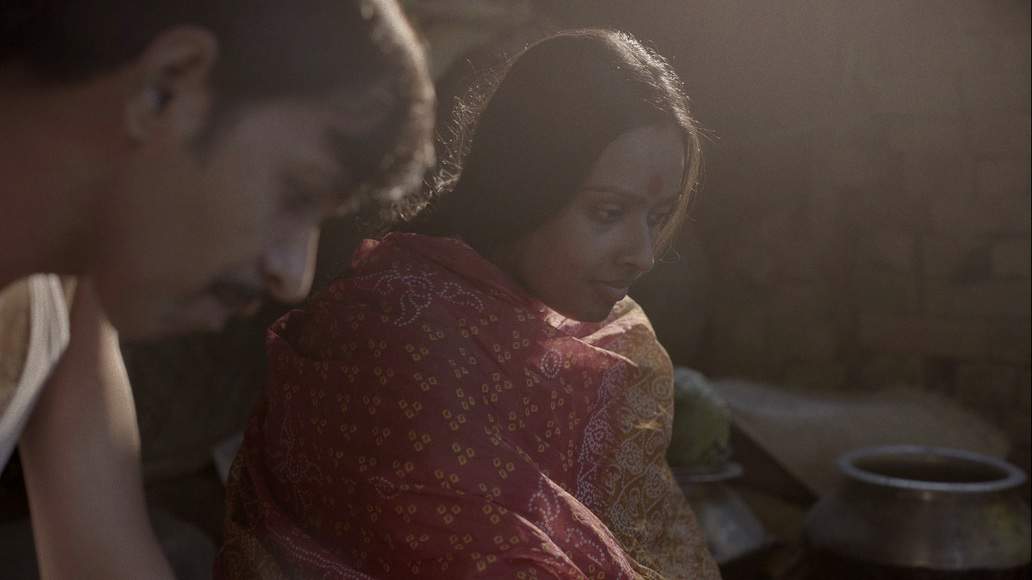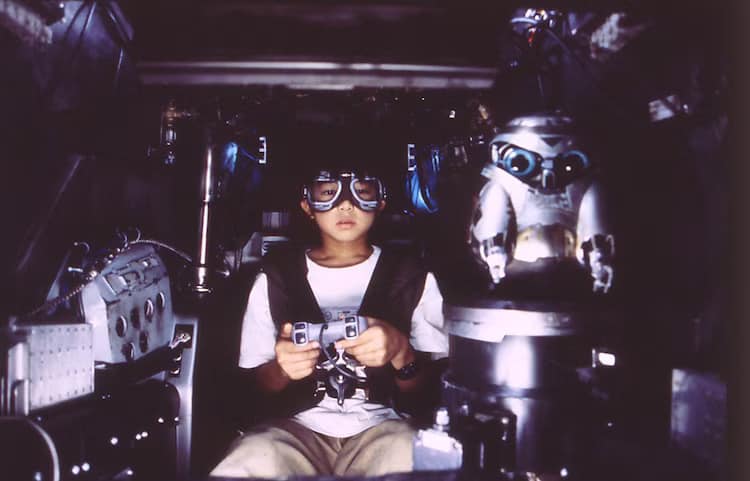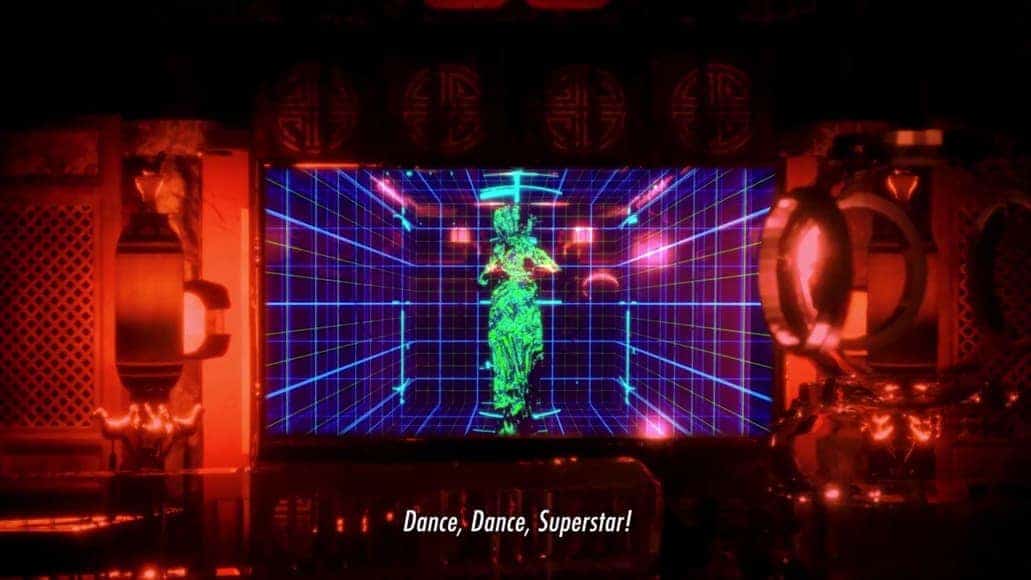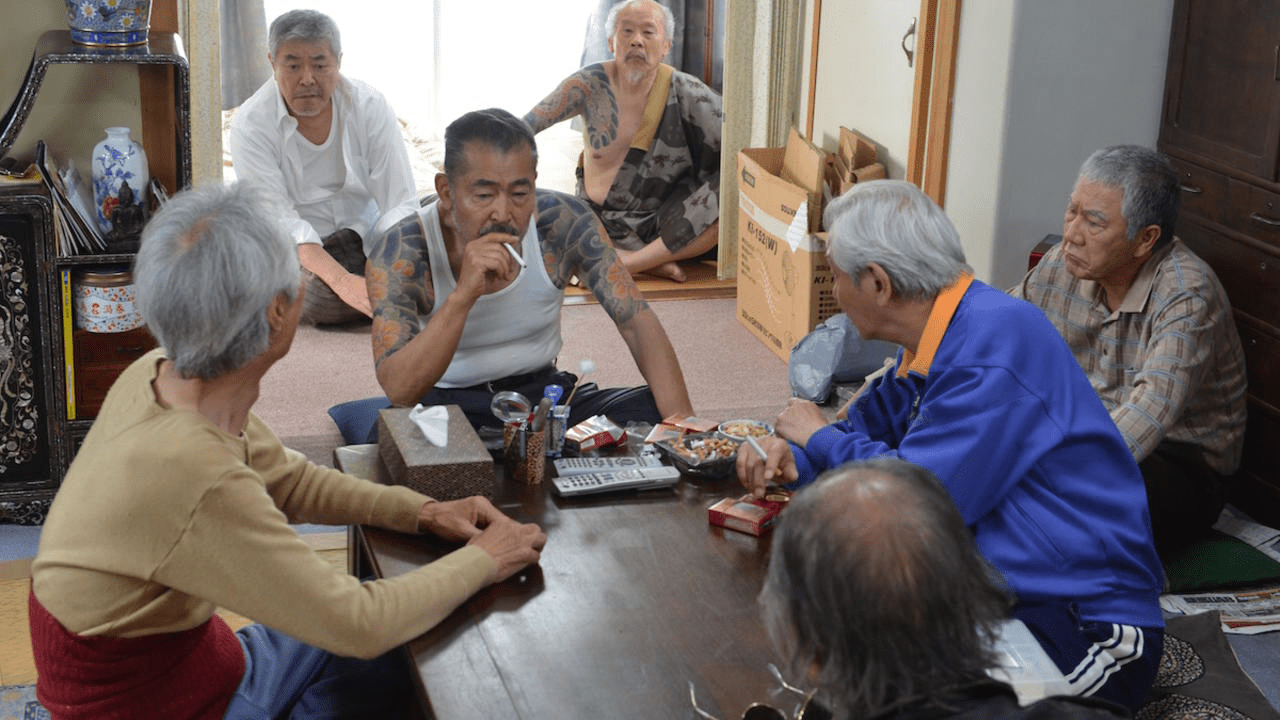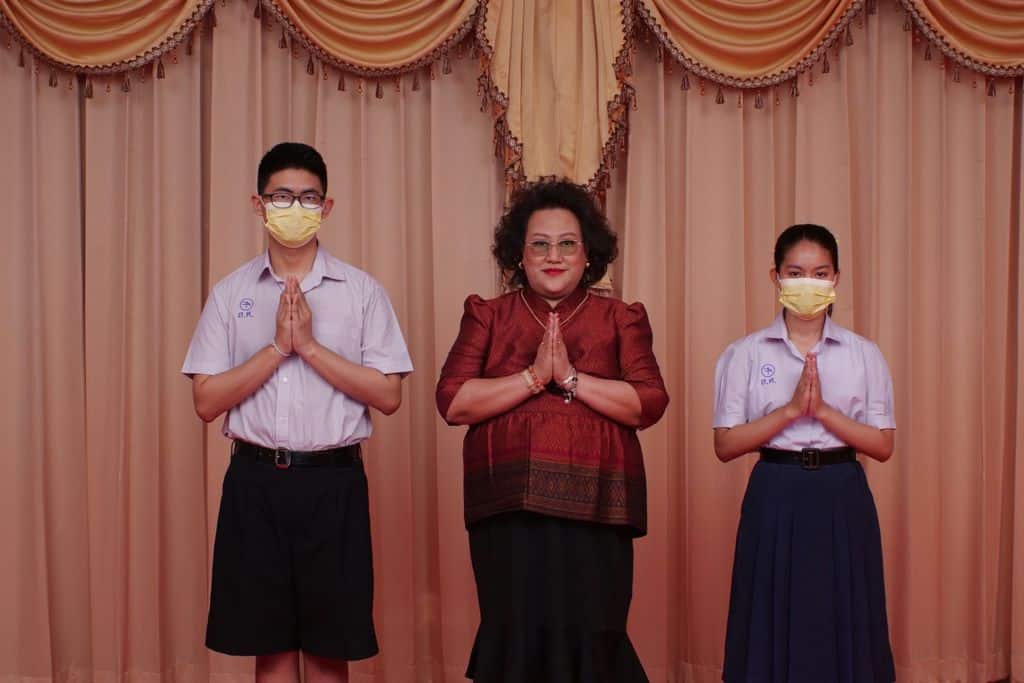One of the three entries by Koji Fukada at the We Are One, A Global Film Festival – “Inabe” (2013) curated by the Tokyo Film Festival, is a film of deep complexity and emotional maturity that uses genre elements to deal with the story of broken ties within a family whose structure isn't easy to fathom.
“Inabe” is screening at Vesoul International Film Festival of Asian Cinema
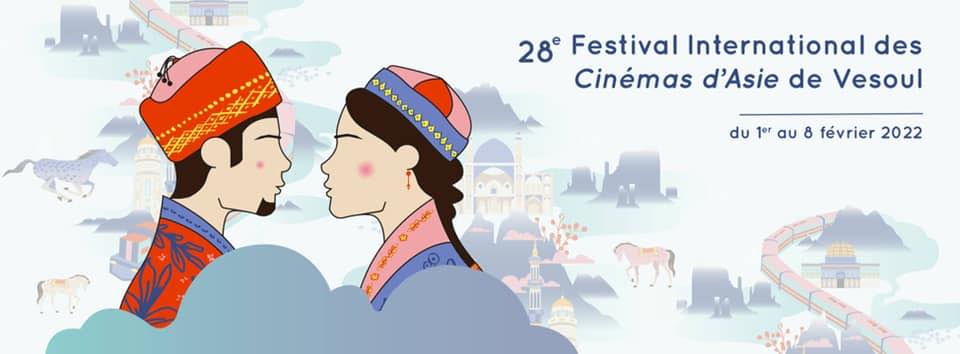
Nothing is as it seems in “Inabe”, a film strongly connected to the small city located in Mie prefecture whose name it carries. The scripted dialogues written by Fukada are inseparable from Kenichi Negishi's very wide shots that remind us of how small our very existence is compared to our surroundings. The mountains, the vast fields and the vegetation, but also the passing trains, hover over the film's protagonists, they surround- and corner them. It's a metaphorical and sometimes deliberately literal race with time, and a search for the answer to the ultimate question – what is the meaning of life?
Fukada is not interested in simple answers, and therefore, there are no revelations and predicaments which makes every detail along the film more intriguing.
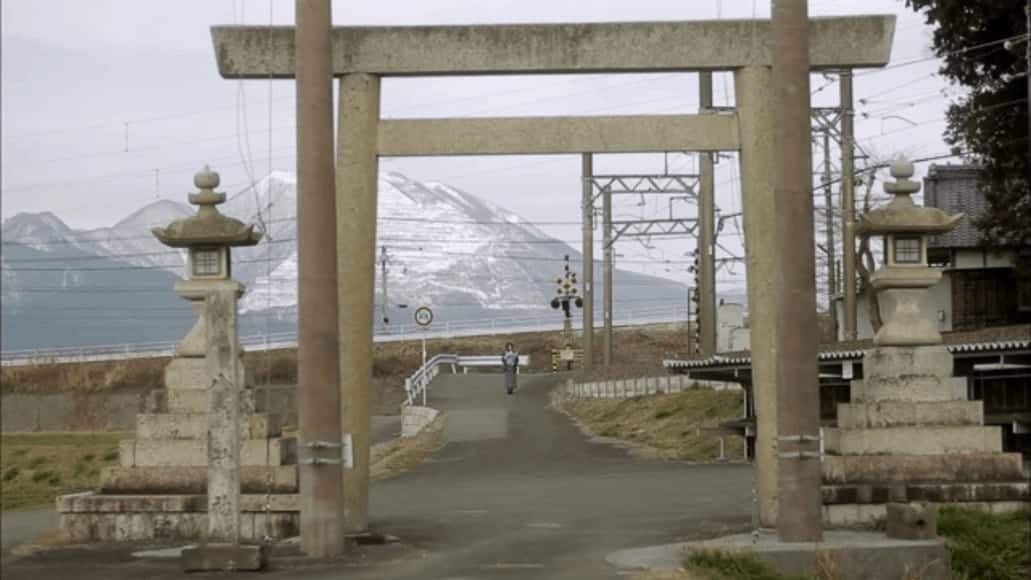
Naoko (Ami Kurata) goes to visit her family after 17 years of absence, but the welcome she gets is a bit stiff. She left a long time ago, under circumstances the viewer never gets informed about, but is led to believe were unpleasant. The body language of other family members, their reactions, and most of all – silence are enough to quench the thirst for more information.
When Naoko appears in front of the pig farm where her elder brother Tomohiro (Matsuda Hiroaki) works, in good spirits and unapologetic holding a baby in her arms, the picture of piglets that have been taken away from their mother moments earlier – probably to the slaughter house, reoccur in one's mind. This is not the only, but the most obvious visual commentary on the transience of life and its cruelty.
The awkward conversation between the siblings develops shyly before it diverts almost completely to the questions of life and death, sliding deeply into the domain of philosophical thinking and mathematics. Naoko compares asymptotic lines (approaching zero without ever fully disappearing) and growing smaller towards death, finding a confirmation in her denial of a linear perception of life by walking into a waterfall with water going upwards.
Naoko refuses to tell anything about her life – she just briefly announced the arrival of her husband later that night. His appearance will turn the whole film upside down.
The other two films by Koji Fukada shown at We Are One FF were both world premieres. “East of Jefferson” was screened on May 20th, followed by “The Yalta Conference Online” on June 1st.


